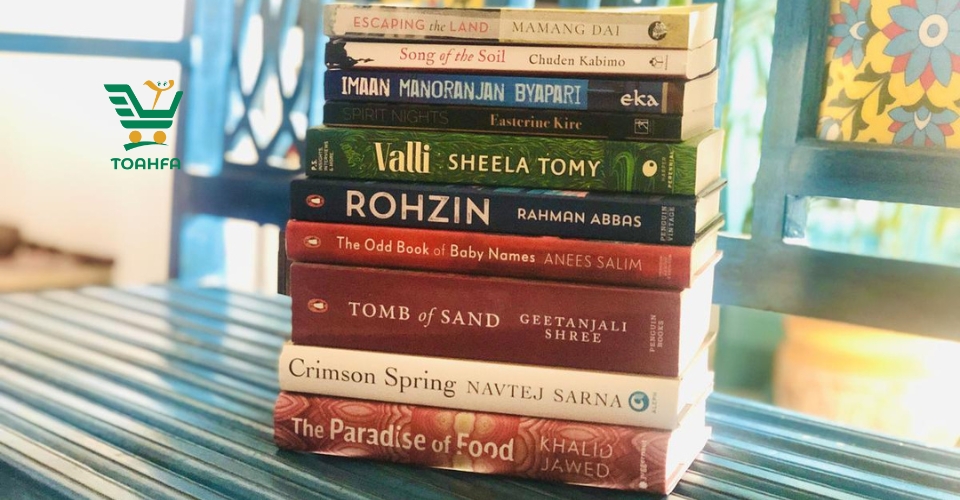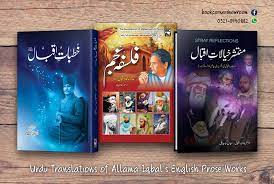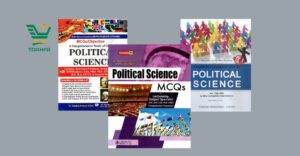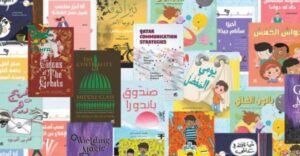
English literature is celebrated worldwide for its rich literary tradition, diverse genres, and timeless classics. However, for Urdu-speaking audiences who may not be proficient in English, accessing and appreciating these literary treasures can be challenging. Fortunately, the translation of English literature books into Urdu opens up a world of literary exploration and enlightenment. In this guide, we’ll delve into the benefits of English literature books translated in Urdu and how they contribute to cultural exchange, language acquisition, and intellectual enrichment.
English literature books translated in urdu preserves cultural heritage and promotes linguistic diversity by making classic and contemporary English works accessible to Urdu-speaking audiences.
Urdu translations introduce readers to renowned literary classics such as Shakespeare’s plays, Dickens’ novels, and Austen’s novels, allowing them to experience timeless stories and themes in their native language.
Reading English literature translated into Urdu helps improve language proficiency by exposing readers to complex vocabulary, idiomatic expressions, and grammatical structures in a familiar linguistic context.
For Urdu learners aspiring to enhance their English language skills, reading translated literature serves as a bridge to understanding English texts, building vocabulary, and improving comprehension.
Translated English literature exposes readers to diverse perspectives, cultures, and ideas, fostering intellectual stimulation, critical thinking, and cultural empathy.
Urdu translations encourage readers to explore a wide range of literary genres, styles, and themes, from classic literature to contemporary fiction, poetry, and non-fiction, catering to diverse literary tastes and interests.
English literature books translated in urdu makes literary works more accessible to a broader audience, including individuals with limited English proficiency, young readers, and those with visual or cognitive disabilities.
By providing access to translated literature, publishers and educators promote inclusivity and diversity in literature, ensuring that readers from all backgrounds and linguistic abilities can engage with and enjoy literary masterpieces.
Engaging with English literature through Urdu translations serves as a captivating gateway to the realm of reading and storytelling. By bridging cultural and linguistic divides, these translations ignite a fervent passion for literature, inspiring individuals to embark on a journey of exploration and delve deeper into the enchanting world of books. This transformative experience not only broadens horizons but also fosters a profound appreciation for the art of narrative and the power of language.
Translated literature serves as a fertile ground for cultivating young writers, poets, and scholars. By immersing themselves in diverse voices and perspectives, these budding talents are ignited with creativity and imagination. Exposure to different literary styles and cultures fosters critical thinking, enabling them to analyze, interpret, and appreciate the intricacies of language and storytelling. This intellectual enrichment lays a strong foundation for their own literary journeys, potentially inspiring groundbreaking contributions to the world of letters.
English literature books translated in Urdu offer numerous benefits that contribute to cultural exchange, language acquisition, intellectual enrichment, and literary appreciation. By preserving cultural heritage, enhancing language proficiency, fostering intellectual stimulation, promoting accessibility and inclusivity, and cultivating a love for reading, translated literature plays a vital role in enriching the literary landscape and nurturing a diverse and vibrant literary community. As translators, publishers, educators, and readers continue to champion the translation of English literature into Urdu, they contribute to a more inclusive, interconnected, and culturally rich society where literature knows no boundaries.






